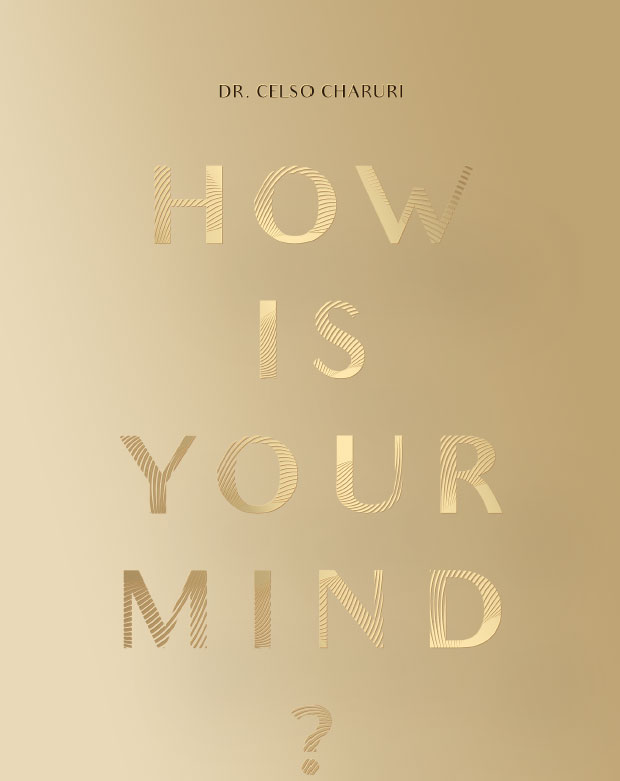

November 13, 1981
November 13, 1981
It’s so good to be in silence every once in a while! But it’s so difficult for people to remain in silence! Usually they remain in silence as a psychological escape, because they can’t articulate their thoughts. Or because a resultant of each thought comes out every second. The person thinks so fast that the brain takes two or three thoughts and forms a resultant that the person can’t live. So, they make a psychological escape. Abstraction characterizes the state of anxiety, many thoughts giving resultants at each moment.
In psychotic patients, and even in some types of neuroses, this level of speed becomes so high that the person looks at one thing and already connects it to another, and another, and the ideas process at a stunning speed! There comes a point when there is no more time for the person to talk, to show their ideas. A wave comes up, an anxiety crisis. In clinics, they are given relaxants so they don’t think, at least consciously. Sometimes, they stay under sleep therapy until they are able to once again articulate ideas according to their brain’s capacity. The resultants are manifested in conducts.
In our days this is typical. People can’t stop talking. They just jabber on. They speak and don’t know what they’re saying. They’re letting out resultants of ideas. They don’t even hear what they’re saying. Until when, in a crisis, they can’t talk anymore: they go into silence. People think it’s depression, but inside the individual’s head there’s a whirl of ideas that they can’t conciliate.
Of course, while the brain is in this state, the individual is not living, because life strictly speaking is life within yourself, and the relationship between you and the environment you live in. If you have no manifestation in the environment, you don’t participate in life, you don’t live. You aren’t even making use of the least bit of knowledge you have within.
It’s common during these crises for people to burst into tears. And they don’t know why they’re crying, but they have to cry. It’s crying for apparently no reason. The crying translates the inner desperation the person is living: they only accumulate ideas and their resultants. They also go into silence and, in these cases, it really is depression. Depression and sleepiness.
It’s hard to remain in silence consciously the way you do here. To abstain from talking without isolating from the environment and yourself. To just abstain from words. A pause that favors reflection. Through this path of reflection people will one day get to the secret, because through this reflection they will end up meditating.
It’s a very good method, but very dangerous without someone close by that has gone through this experience, because suddenly you may come across a truth that you think is absolute. It’s good to have someone close by, because the person may go into conflict. Silence is necessary, but with someone close by. That is why we don’t force the reflection and meditation aspect.
I’ve met many people who went by themselves through reflection and meditation. Actually, they present themselves almost as sick, because they reject the environment they live in. When you talk to them, they say, “No more words! I already know all the truth of this world. I no longer need words”. They remain in this state for the rest of their lives. They behave either like the neurotic or the psychotic, because they lost their relationship with the environment.
So, this is not our method. Silence can even be used, but there must be someone close by. And what’s more: it’s hard to be in silence without sleeping! It’s hard not to talk, not to give way to a pressing desire that, it seems, is relieved by talking. Actually, it doesn’t relieve; it distracts. The truth scares and the individual decides to talk a lot, because it distracts the mind.
It’s like the story of pain and the Chinese method: if it hurts here, pinch there. Compensation. You escape one thing and cause another.
Often, people escape the truths that occur to them, because when they find something of real greatness, they feel obliged to follow it, and for that they need Courage. So the person rationalizes: talks, talks, talks… and escapes. While talking, the person is not thinking. That is why we say in the Course: Do you think what you feel or feel what you think?… And what do you say?







